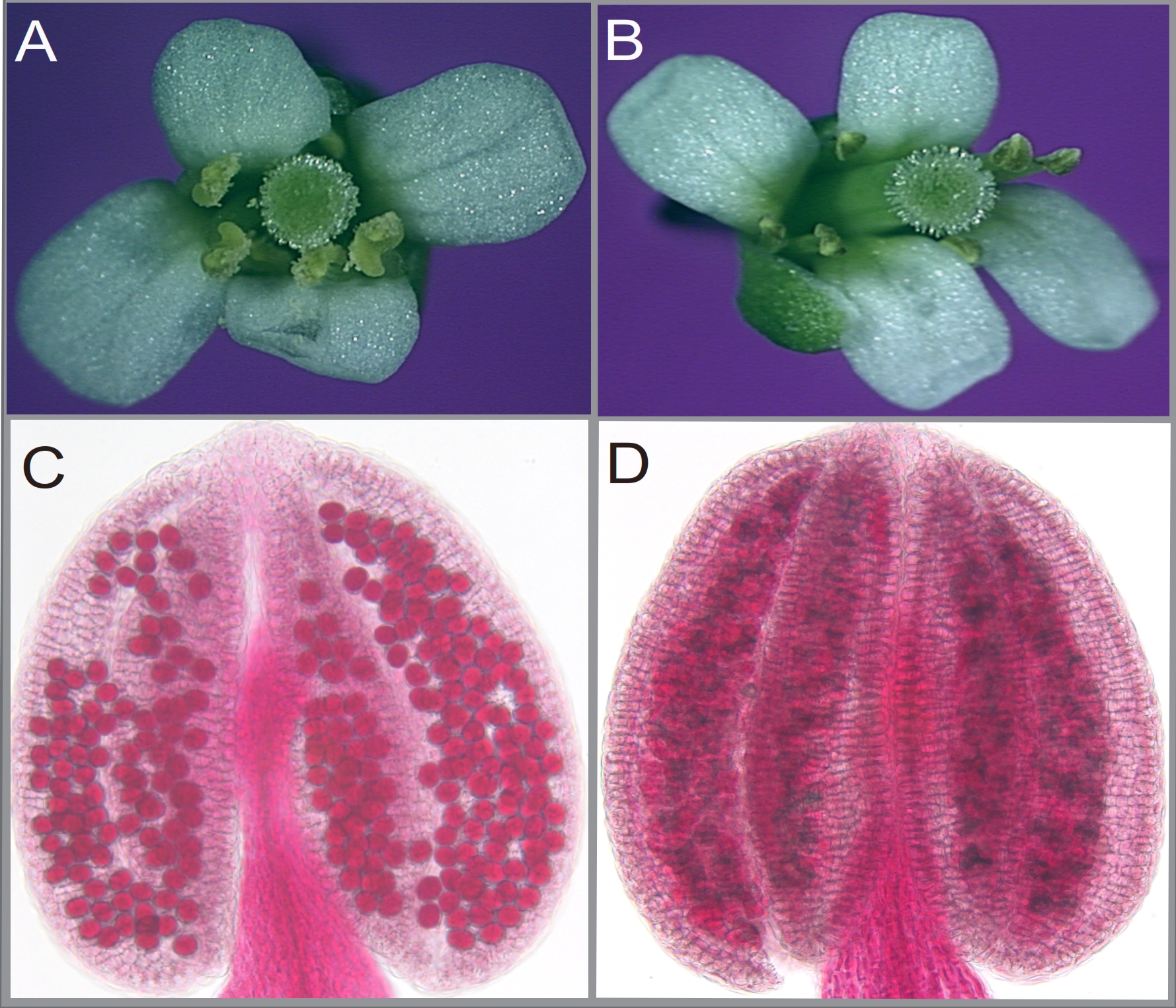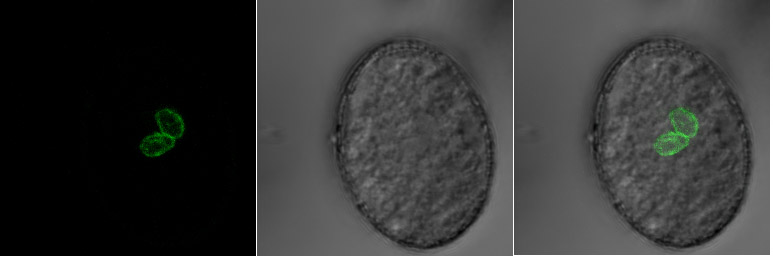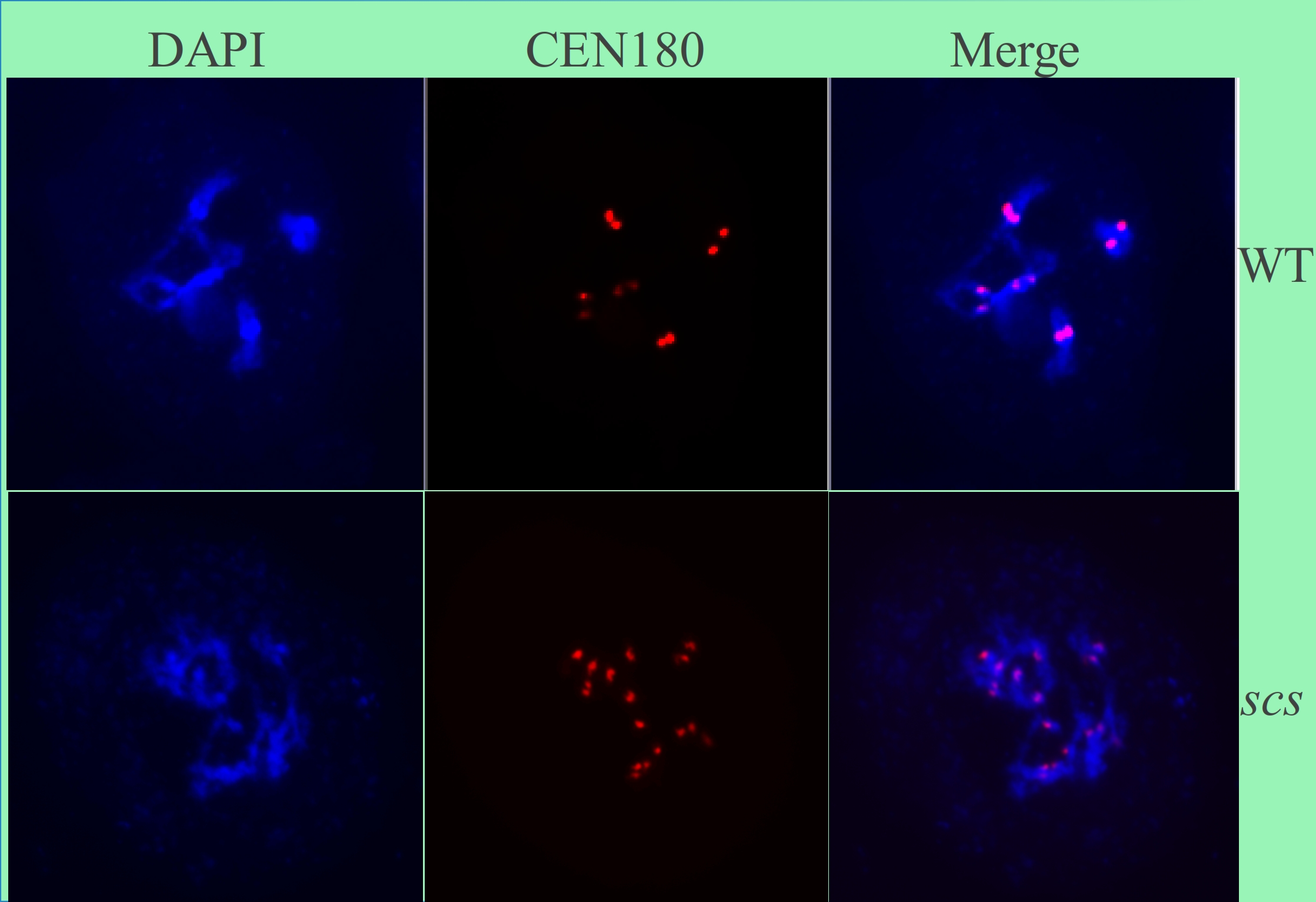Dr. Pingli Lu | 陆平利

My lab is interested in understanding the genetic and molecular mechanisms controlling plant reproductive development, especially meiosis and pollen development. Meiosis is a specialized cell division, generating haploid daughter cells (sperms and eggs) from diploid precursors. Errors occurring in meiosis can cause severe reproductive problems, such as infertility and birth defects for humans. We employ the excellent genetic model Arabidopsis thaliana to decipher the underlining mechanisms regulating homologous chromosome pairing and synapsis, as well as meiotic recombination. Pollen development is not only essential for the success of double fertilization in higher plants but is an amazing model to investigate the cellular networks regulating cell division and differentiation. Our lab has been taking multiple strategies to study this biological process in both Arabidopsis and rice.
The main purpose of the module I designed for BIOS is to introduce the basic principles of plant reproductive biology. In the class, students will dissect plant reproductive organs, examine the reproductive ability of male gametophytes (pollen) by staining, and conduct reciprocal genetic crosses to determine fertility defects for known and unknown functional mutants. We hope this elite science opportunity will help to introduce you to the wonderful world of plant biology and attract you to join us. Hope to see you!
植物和人类在3亿年前共享同一个祖先,他们有着相同的DNA编码和近似的细胞机构。在人类分离出去之后,植物获取了光合作用的能力,这种将光能转化为化学能的能力使得植物成为了陆生系统的生产者,为人类提供了必需的食品、健康、住所、衣服和快乐。为什么要研究植物?到2020年,世界人口有望增长到75亿,全球范围内,每年超过10亿人处于长期慢性饥饿状态,由于缺铁,每年超过20亿人患有慢性贫血病。面对这些问题,植物学家不断尝试着培育更加耐旱、抗虫、更加有营养的新型作物。同时,植物是新型药品的来源,也为造纸和纺织提供纤维原料。(更多的信息…)
想知道植物的秘密吗?你想了解什么是转基因植物吗?请报名BIOS植物模块,我们为你打开植物世界的大门!




